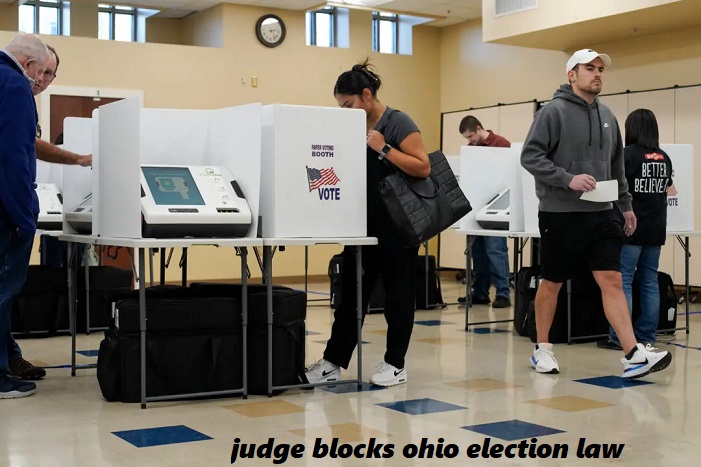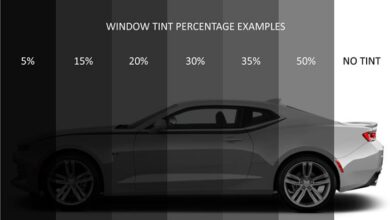
As someone who closely follows election laws and their implications, I was immediately drawn to the recent court decision regarding Ohio’s controversial election law.
This ruling has sparked significant debate and could have wide-reaching effects on voters and the upcoming elections. Let’s break it down.
What Happened?

A federal judge has temporarily blocked the enforcement of a new election law in Ohio. This law, which was set to take effect ahead of upcoming elections, introduced stricter voting requirements and limitations on voter access.
Critics argued that the law disproportionately affected marginalized communities, including minorities, the elderly, and low-income voters.
The judge’s decision came after several advocacy groups filed lawsuits claiming the law violated constitutional rights. The court agreed that there was enough evidence to suggest the law could cause irreparable harm if enforced.
What Does the Law Entail?
The blocked law introduced several changes, including:
- Shortened early voting periods: Reducing the number of days available for early voting.
- Stricter voter ID requirements: Mandating specific forms of identification that some voters might find hard to obtain.
- Limitations on ballot drop boxes: Restricting the number and locations of drop boxes for absentee ballots.
Proponents argued that these measures were necessary to ensure election integrity. However, opponents highlighted that these changes could create unnecessary barriers to voting.
Why the Judge Blocked It
The judge’s ruling emphasized that the law likely violated constitutional protections, such as:
- Equal access to voting: The restrictions could disproportionately disenfranchise certain groups.
- Undue burden on voters: Implementing these changes so close to an election could confuse voters and suppress turnout.
In the court’s opinion, the potential harm to voters outweighed the state’s justifications for the law.
What Happens Next?
For now, the law is on hold. This means:
- The previous voting rules will remain in effect until further notice.
- The state government may appeal the decision, potentially taking the case to higher courts.
- Advocacy groups are likely to continue pushing for more permanent solutions to protect voter rights.
What This Means for Ohio Voters
As an Ohioan or someone interested in the state’s election process, here’s what you should know:
- Check your voter registration and polling location early.
- Stay informed about potential changes, especially if the case moves to higher courts.
- Encourage others to vote and help spread awareness about their rights.
My Take on the Ruling
I believe this decision is a win for democracy. While ensuring election integrity is essential, it should not come at the expense of voter access.
Laws that disproportionately affect certain communities undermine the principle of equal representation. This ruling sends a clear message that voter suppression, intentional or not, will not go unchallenged.
Billings Optics Inc.: Advanced Technology for Hunting and Shooting Enthusiasts
Final Thoughts
The battle over voting rights in Ohio is far from over. This case underscores the importance of staying vigilant and advocating for fair election practices.
Whether you’re in Ohio or another state, take the time to educate yourself about your voting rights—because every vote truly does count.





